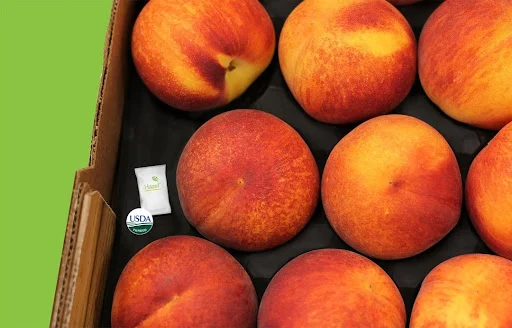Cutting fertiliser usage through gene editing

US-based Pivot Bio have demonstrated that using nitrogen-fixing microbes can reduce fertiliser-related emissions. These microbes, when added to crops can take nitrogen from the air and fix it in soil as nitrates, a compound plants can use.
Creating this new microbe relies on gene editing, and the results are staggering. Estimates from PivotBio suggest that reductions of synthetic nitrogen applied to crops by up to 25 percent may be possible without affecting yields.
The science community continues to show example after example of the financial and environmental benefits of gene editing. Is reducing the negative environmental effects of farming the catalyst NZ needs to reconsider its stance on this set of technologies?




